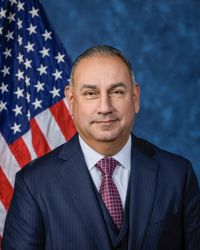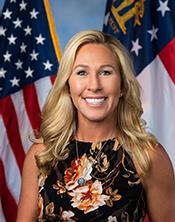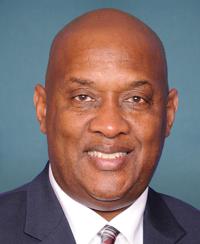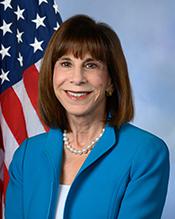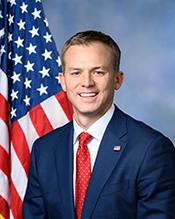S. 1560: Secure U.S. Leadership in Space Act of 2025
This bill, titled the Secure U.S. Leadership in Space Act of 2025
, proposes several amendments to the Internal Revenue Code to provide spaceports with similar financial benefits as airports. Here is a breakdown of the main components of the bill:
1. Definition and Classification of Spaceports
The bill redefines spaceports to be treated like airports under specific tax rules. This means that spaceports will be included in regulations that apply to airports concerning exempt facility bonds. More specifically:
- Spaceport Definition: A spaceport is defined as any facility near a launch or reentry site used for manufacturing, assembling, or repairing spacecraft; conducting flight control operations; providing launch and reentry services; or transferring crew and cargo to or from spacecraft.
2. Exempt Facility Bond Rules
The existing rules regarding exempt facility bonds, which are used for financing certain eligible projects, will be modified:
- Inclusion of Spaceports: Spaceports will be recognized alongside airports as qualifying facilities for these bonds.
- Ground Leases: Spaceport properties on leased land by government units will not be disqualified from receiving these benefits.
3. Public Use Requirement
Unlike airports, a spaceport does not need to be open for public use to qualify for the tax benefits associated with being classified as an exempt facility. This allows for more private operations of spaceports without the obligation to serve the general public.
4. Exception from Bond Prohibition
The bill introduces an exception related to federally guaranteed bonds, stating that payments made by the federal government to use a spaceport will not classify a bond as federally guaranteed.
5. State Ceiling Exclusion
The legislation also states that any exempt facility bonds issued for a spaceport will not count against state-imposed limits on the amount of such bonds that can be issued. This provision is aimed at encouraging investment in spaceports without displacing funds for other projects.
6. Effective Date
The provisions of this bill would take effect for obligations issued after the law is enacted, meaning it would apply to future financing for spaceport projects that meet the outlined criteria.
Relevant Companies
- BA (Boeing): As a major manufacturer of aerospace vehicles, Boeing could benefit from increased spaceport activity for launch and reentry services.
- TSLA (Tesla Inc.): Given Tesla's connection to SpaceX, they could see indirect benefits from increased commercial space activities facilitated by new spaceports.
- ORBC (ORBCOMM): With a focus on satellite services, ORBCOMM could leverage new spaceports for launching its communications satellites.
- GRMN (Garmin): As a key provider of navigation technologies, Garmin may find new opportunities in providing services for spaceflight operations at spaceports.
- SYMX (Symyx Technologies): If involved in scientific experiments or space cargo, Symyx could see enhanced opportunities linked to new space activities.
This is an AI-generated summary of the bill text. There may be mistakes.
Sponsors
2 bill sponsors
Actions
2 actions
| Date | Action |
|---|---|
| May. 01, 2025 | Introduced in Senate |
| May. 01, 2025 | Read twice and referred to the Committee on Finance. |
Corporate Lobbying
0 companies lobbying
None found.
* Note that there can be significant delays in lobbying disclosures, and our data may be incomplete.





